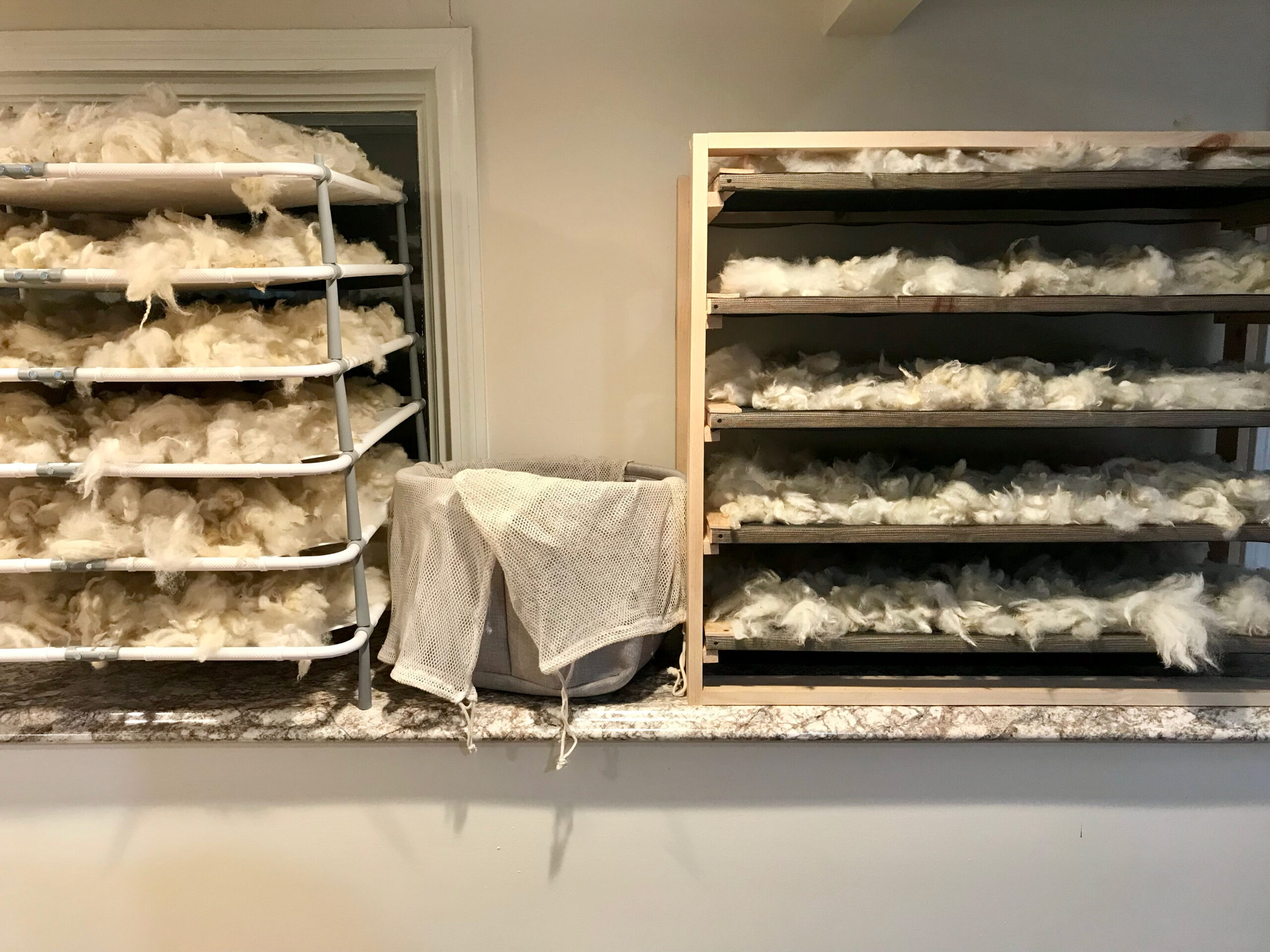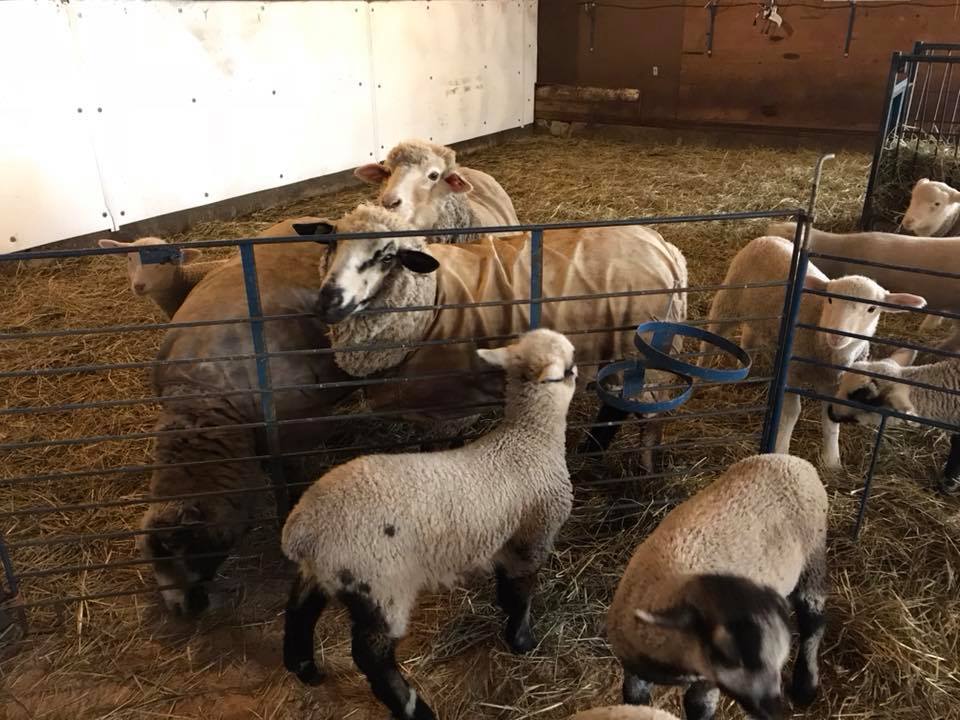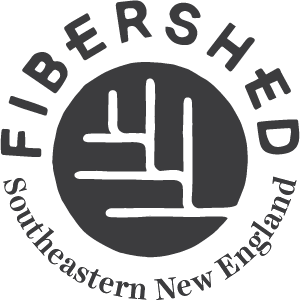
I’ve been talking about waste wool to lots of folks for months and finally people are excited and listening. Can you imagine if farmers weren’t throwing away their “waste wool” and instead creating valuable building materials, packaging, fertilizer, soil remediation, wool sheeting for environmental cleanups, erosion and more?
Through the Fibershed Affiliate Program and California Fibershed Membership & Learning Center Coordinator Lexi Fujii, in 2022 we launched a Working Focus Group pilot project focused on Waste Wool to collaboratively research and develop solutions specific to the bioregional locale of the individual fibersheds involved. Although each fibershed faces unique challenges specific to their community, economy, and environment, we are also all brought together by continual issues felt throughout the fiber and natural dye systems. Access to scouring and waste water being two top issues.
For the past two years, Lexi and I monthly coordinate and lead a group of affiliate organizers and friends of fibersheds in the Waste Wool Working Focus Group to create “Zero Waste Wool” systems. We have presenters tackle both products and pellets and we are learning a ton.

From Lexi: “In the first two years of this Waste Wool Working Focus Group, we inventoried the current waste wool pool in our communities, interviewed ranchers on their current practices, researched different economic streams for waste wool and needed infrastructure, and connected with current businesses utilizing waste wool. Each month for the past two years, the Waste Wool Working Focus Group has convened to present their research; learned about the current opportunities for waste wool; met ranchers, processors, retailers and supply chain experts and discussed paths forward.”
While we await funding for 2024, a plan is in place to create a Northeast Pilot Study focusing in earnest on scouring. The plan is to create a replicable, open-source template to create satellite scouring spaces all over New England. These are cottage-industry sized businesses that we envision as being cooperatively owned and can cater to small to mid-sized farms.
Have ideas? Comments? Shoot me an email at amy@senefibershed.org
